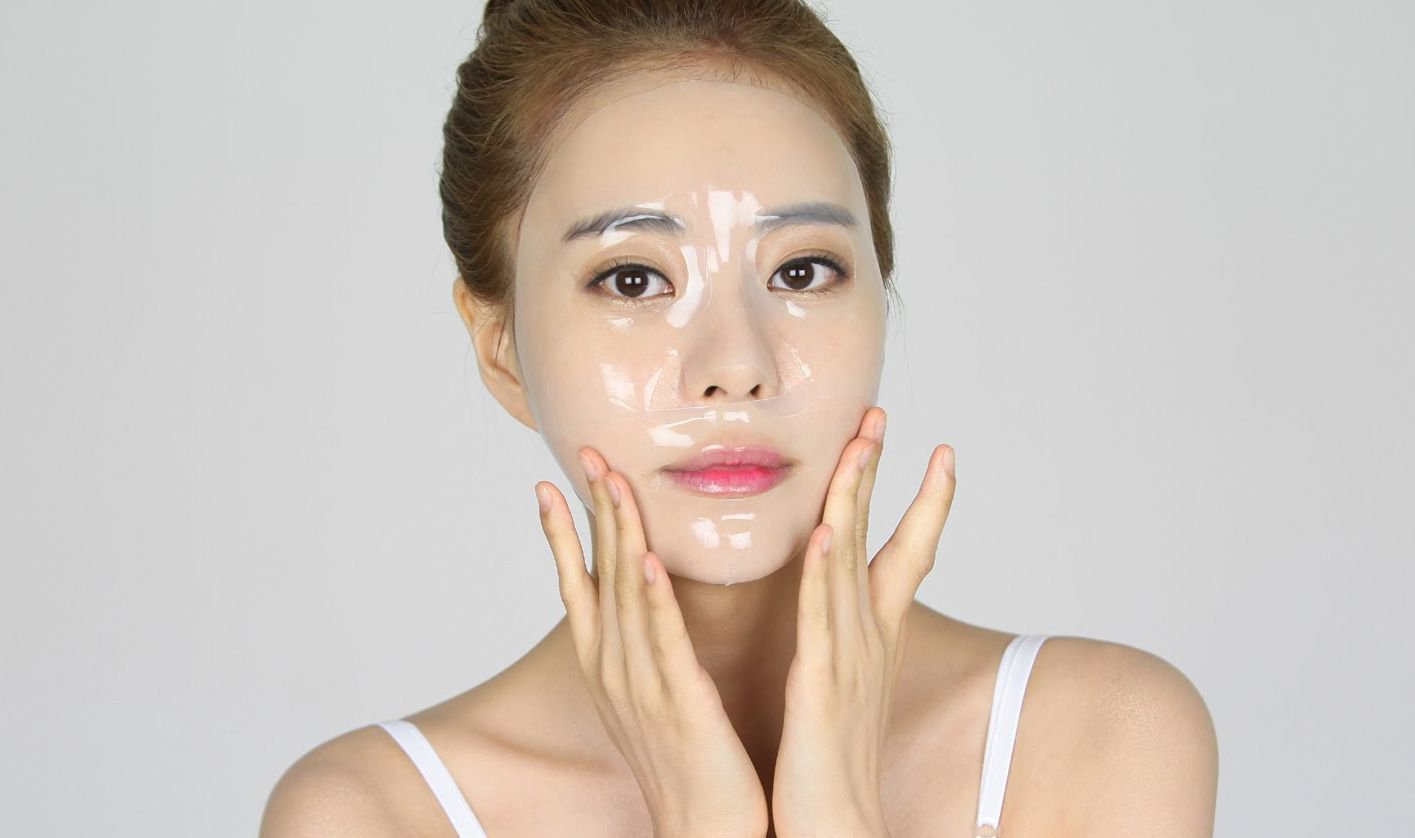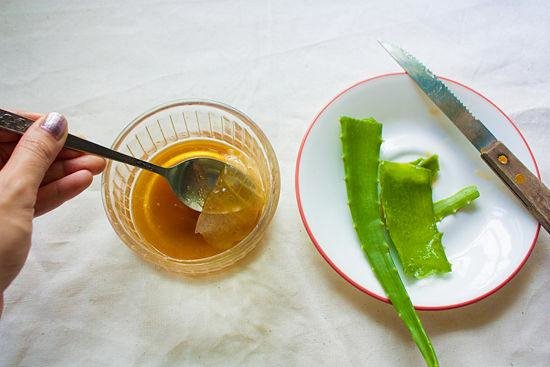Should you wear a face mask every day?
Many women love to apply skin care masks, even use it every day. Many people wonder whether to wear a mask every day, in fact it depends on your skin type, usage needs and the type of mask you are using. Each type of mask has its own properties and uses, corresponding to the frequency of use to achieve the highest efficiency. Here's a look at some of the more popular masks and dermatologist recommendations for how many times a week to use.
1. Benefits of masks to the skin
1.1. Mask paper
Sheet Mask is a very popular disposable mask on the market today. They are usually made from sheets of paper, thin cotton cloth or cellulose fiber impregnated with serum or ampoule essence. When applying a nourishing or moisturizing mask, the sheet mask will keep these essences absorbed into your skin.
There are many recipes to make different types of sheet masks suitable for many skin types. From masks containing AHAs (alpha hydroxy acids) and BHAs (beta hydroxy acids) to exfoliate dead skin cells to masks containing ceramides (an important moisturizing ingredient) that can hydrate dry skin.
So all skin types can use sheet masks. It is important to choose the right brand and use for your skin type.
Sheet masks can be used daily as a serum step in your skincare routine, or as a special treatment before an important event or occasion.
MORE: How often to use masks in your skin care routine

Mặt nạ giấy được nhiều chị em ưa chuộng vì tính hiệu quả cũng như tiện lợi
1.2. Clay and mud mask
Clay masks and mud masks are easy to recognize because of their consistency and characteristic color (green, brown or gray). These two types of masks are popular for their cleansing effect (detox) the skin, drawing oil and dirt from the pores. Because of their deep cleansing effect, clay masks and mud masks are best suited for people with acne, oily, combination or dull skin. However, because of its high oil absorption efficiency, dermatologists recommend that this mask be left on the skin for up to 15 minutes and apply this mask a maximum of 3 times a week.
1.3. Activated Charcoal Mask
In the medical field, activated charcoal has been used for many years to purify toxic or addictive substances from the body. In skin care and beauty, activated charcoal masks are said to remove dirt and help treat acne. Because of its ability to absorb oil and dirt, charcoal masks are great for acne-prone, oily, and combination skin types. Similar to clay masks and mud masks, you should only leave the bamboo charcoal mask on your skin for 15 minutes and use it 1-2 times a week.
For people with sensitive skin, only apply the bamboo charcoal essence mask once a week or every few weeks. In addition, it is advisable to choose a charcoal mask that does not dry out and tighten your skin.
1.4. Cream or gel mask
Creamy mask with moisturizing nutrients for dry cells. The gel mask is similar, which has a soothing effect of hydrating and cooling the skin. In general, cream and gel masks are good for all skin types, especially dry, sun damaged and sensitive skin.
Most cream and gel masks can be used 3 times per week and some formulations can even be used at night as an Overnight mask.
SEE ALSO: After exfoliating, should I apply a mask?

Mặt nạ dạng gel giúp cấp ẩm và làm dịu da
1.5. Peeling and Exfoliating Mask
Peel-off masks are usually applied in the form of a dry gel to the skin in a certain amount, then wait for a while to peel off dirt, oil and other impurities from the pores. . These masks are suitable for rough, dull skin. Some types of exfoliating masks with ingredients containing AHA, BHA can irritate sensitive skin.
Because peel-off masks are more effective than other masks, dermatologists recommend using them sparingly - up to once a week.
1.6. Natural face mask / DIY mask
Natural masks (also known as homemade masks) can be made at home with natural ingredients available in the kitchen such as honey, oats, cucumber, yogurt... Although there are It seems that homemade masks are safer, but you should learn carefully what ingredients are suitable to apply to the skin. Be careful to avoid acidic ingredients like lemon juice and apple cider vinegar as they can make your skin condition worse.
People with sensitive skin and easily irritated when exposed to the ingredients in regular masks (eg artificial fragrance) can use natural masks instead. This means homemade masks can be used on any skin type. You can apply a natural moisturizing mask for no more than 15 minutes and use it a few times per week.

Bạn có thể làm mặt nạ dưỡng da ngay tại nhà
2. Notes on how often to apply facial masks
You can completely adjust the frequency of skin care masks depending on your needs at each time. Here are some notes about the number of times to apply the mask:
If after a while of applying the mask to your skin and still don't see any effect, you can try increasing the number of times of applying it to 1 time per week. For gentle, moisturizing formulas like cream and gel masks, you can try using them daily. If you're using an exfoliator or deep cleanse and you notice signs of roughness or mild irritation, it's best to reduce your frequency to once a week or every few weeks. In addition, you should also stop using masks if they cause severe irritation, breakouts, or any other type of allergic reaction. If possible, consult a dermatologist to see the best course of treatment. Your doctor may prescribe topical or oral medications to ease the condition. In some mild cases, inflammation and allergic reactions may go away on their own without treatment.
Today, with a variety of skin care products, you can absolutely find the right mask for you. Since there are so many different recipes and uses, there's no one answer to how often or how often you should apply a mask. Always consult the product label or packaging for the correct use, and if you are concerned, ask your dermatologist for advice.
Để đặt lịch khám tại viện, Quý khách vui lòng bấm số HOTLINE hoặc đặt lịch trực tiếp TẠI ĐÂY. Tải và đặt lịch khám tự động trên ứng dụng MyVinmec để quản lý, theo dõi lịch và đặt hẹn mọi lúc mọi nơi ngay trên ứng dụng.
Reference source: healthline.com,
Bài viết này được viết cho người đọc tại Sài Gòn, Hà Nội, Hồ Chí Minh, Phú Quốc, Nha Trang, Hạ Long, Hải Phòng, Đà Nẵng.






